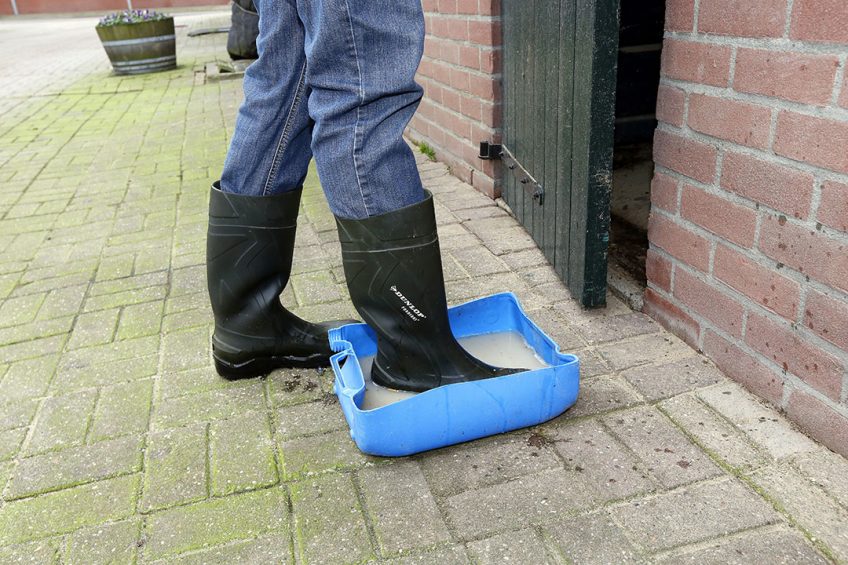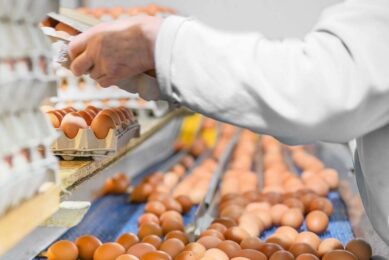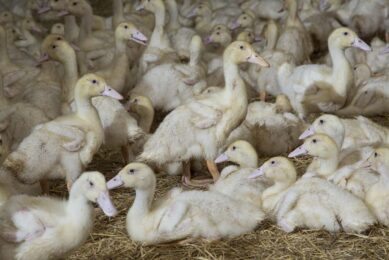5 top actions to prepare for winter avian flu

Due to fears about the possible spread of bird flu by migrating birds from Russia and Kazakhstan, UK Chief Veterinary Officers have taken action.
They have formulated a plan to reduce the risk of disease in their birds this winter. The 4 CVOs representing England, Scotland, Wales and Northern Ireland, say there are 5 simple measures that all poultry keepers can take to protect their birds:
- Keeping the area where birds live clean and tidy, controlling rats and mice and regularly cleansing and disinfecting any hard surfaces;
- Cleaning footwear before and after visits;
- Placing birds feed and water in fully enclosed areas that are protected from wild birds, and removing any spilled feed regularly;
- Putting fencing around outdoor areas where birds are allowed and limiting their access to ponds or areas visited by wild waterfowl;
- Where possible, avoid keeping ducks and geese with other poultry species.
In a joint statement, the 4 CVOs said there was an increasing risk of the disease making its way to the UK via migrating birds: “Enhanced biosecurity should be maintained at all times, including regularly cleaning and disinfecting the area where you keep birds and separating them from wild birds wherever possible.”
More AI detected
The warning comes as the European Centre for Disease Prevention and Control (ECDC) urged European countries to increase wild bird testing. It said that up to 22 September, highly pathogenic H5N8 had been detected in 37 poultry outbreaks on the Russia/Kazakhstan border as well as smaller outbreaks in swans, ducks and other species. In Northern Kazakhstan HPAI A (H5) had been detected in 7 poultry as well as 86 corvids and 2 wild water birds. Bird keepers are also being asked to ensure they have registered their birds on the Great Britain Poultry Register, which is mandatory for those with more than 50 birds. Hobby farmers with fewer birds are strongly encouraged to register, enabling the Government to contact them in case of disease outbreaks.
The UK’s Poultry Health and Welfare Group (PHWG) is holding a webinar on 20 October to raise awareness of the risks of bird flu. Topics to be discussed include a general disease outbreak and risk levels to the UK, biosecurity, contingency planning, spotting the signs of disease and early reporting as well as international trade implications.
 Avian Influenza
Avian Influenza
Find out more about the causes and effects of AI and many other poultry diseases in the Poultry World health tool.
Maire Burnett, PHWG chair, said it was important producers remained vigilant, adding they should speak to their vet if they had any concerns about the health of their birds: “Avian influenza poses a significant threat to the commercial poultry industry and risks huge economic disruption to international trade due to loss of country freedom from avian influenza,” she added.
Maintaining high biosecurity standards
Daniel Dring, from PD Hook Hatcheries, said first hand experience of the disease meant he recognised the importance of maintaining high biosecurity standards: “We can all do our part to control the risk of disease by preventing disease entering a premises through good biosecurity measures, such as dedicated on-farm clothing, thoroughly disinfecting all vehicles coming onto the farm, not sharing equipment with other farms, and ensuring disinfection rates are correct and checked.
“Limiting visitors is crucial, and using video technology can help with this. Good, robust rodent control is essential,” he stressed. The UK’s last outbreak was a low pathogenic H5N3 strain in December 2019 in East Anglia. The UK declared itself free from the disease in June 2020.
Join 31,000+ subscribers
Subscribe to our newsletter to stay updated about all the need-to-know content in the poultry sector, three times a week. Beheer
Beheer








 WP Admin
WP Admin  Bewerk bericht
Bewerk bericht